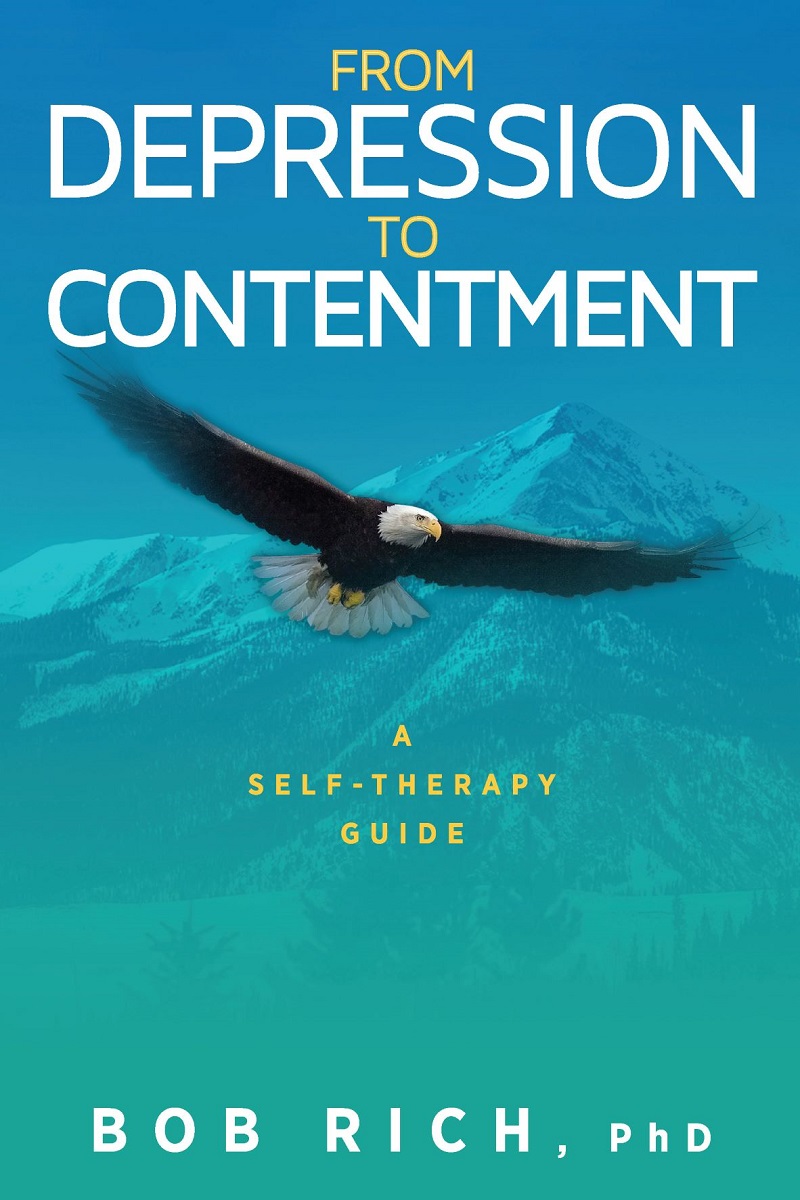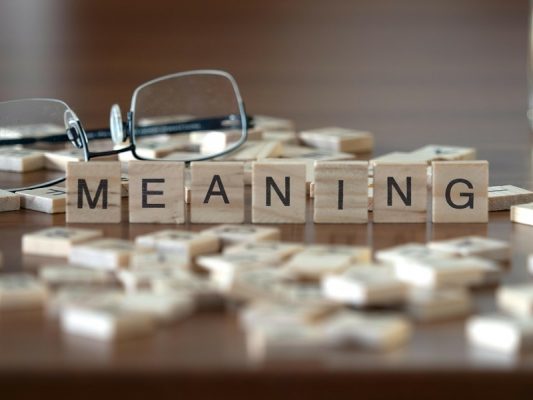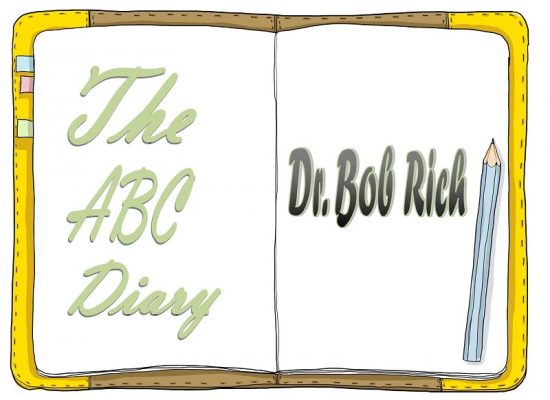Nutrition
Bob Rich’s Self-Therapy Guide: Healthy Eating
Bob Rich’s book From Depression to Contentment: A self-therapy guide is therapy in your pocket. Depression, anxiety, and other forms of suffering are all too common in our crazy world. Bob teaches you how to rise from that to “normal,” which is the walking wounded, then far above that, to inner strength enabling you to cope in any situation.
Like Charles Dickens did with his novels, Bob has converted this book into a series of posts, free on this site, because he wants to be of benefit. In the second post in his series, Bob wrote about 7 key features that serve as your first aid against depression and anxiety. The following is the third excerpt from his book and it explains how healthy eating really is a matter of life or death and not just in the physical sense.
Healthy Eating
Depression starves some people. It tricks others into ill health and obesity by getting them to eat too much, and all the wrong kinds of food. Either way, its job is easy in today’s crazy society: even people who are not suffering distress are likely to eat badly, and many of the common foods are full of stuff that does you harm.
Too little
Fred didn’t want to get counseling. He knew it couldn’t possibly help him — nothing could. Life was hopeless, and that was that. But when he mentioned killing himself to his doctor, he was given my leaflet and ordered to see me. He canceled the first appointment, because his car (conveniently) broke down. He didn’t show up for the second. I phoned him, and after a long conversation, he at last made the effort to be there the third time.
Sound familiar? It may well be if you’re in the grip of deep Depression.
When we finally sat face to face, I asked him what was making his life so miserable that he contemplated suicide. A whole list of woes emerged, but the top item was, “I can’t eat. If I have something, I feel like chucking up.”
“Have you ever done so?”
“No, but it sure feels like it.”
I knew that his doctor had checked him out for any physical problems, so I told him, “Food is medicine. Eat a tiny bit, doesn’t matter how it makes you feel, and do this every now and then until you have enough to keep you going.”
We organized a few strategies. He bought grapes, and popped them one at a time, ten minutes or so apart. He made a cheese sandwich, cut it into eight pieces and ate one piece, went on with whatever he was doing, ate another little square, and so on.
At first, the nausea persisted. But, while he fed his body regardless of how bad he felt after it, he was starving his Depression. Within a couple of weeks, he could eat a normal meal.
By the way, Fred wasn’t his real name, and I’m not even saying if the client was male or female. All my examples in this book are real, but I’ve changed identifying details. Where I could, I’ve asked the person’s permission for inclusion.
Too much
Depression tricks you into becoming overweight through “comfort eating” or “boredom eating,” and always the things you swore you won’t touch (but have handy all the same). You feel guilty, and put on weight — and this gives something else that your Depression can use to beat you over the head.
First aid is to get rid of all the wrong foods and store up on things that are good for you: apples, carrots, celery, chewy dried apricots, nuts of various kinds. When you feel like some comfort food, eat a small amount of one of these, then congratulate yourself. Tell all the people in your life that you’re switching your food intake in this way, and ask them to help by keeping the problem foods away from you.
Shopping is the danger time. Make it a rule: you come with a shopping list. If it’s not on the list, don’t buy it. The internet allows you to be up to date on specials in your neighborhood store, so even a reduced price shouldn’t lead to impulse buying. If you do slip and buy something from the old times, punish yourself by giving it away. Then, being generous to someone else will make you feel good about yourself.
– Dr. Bob Rich









